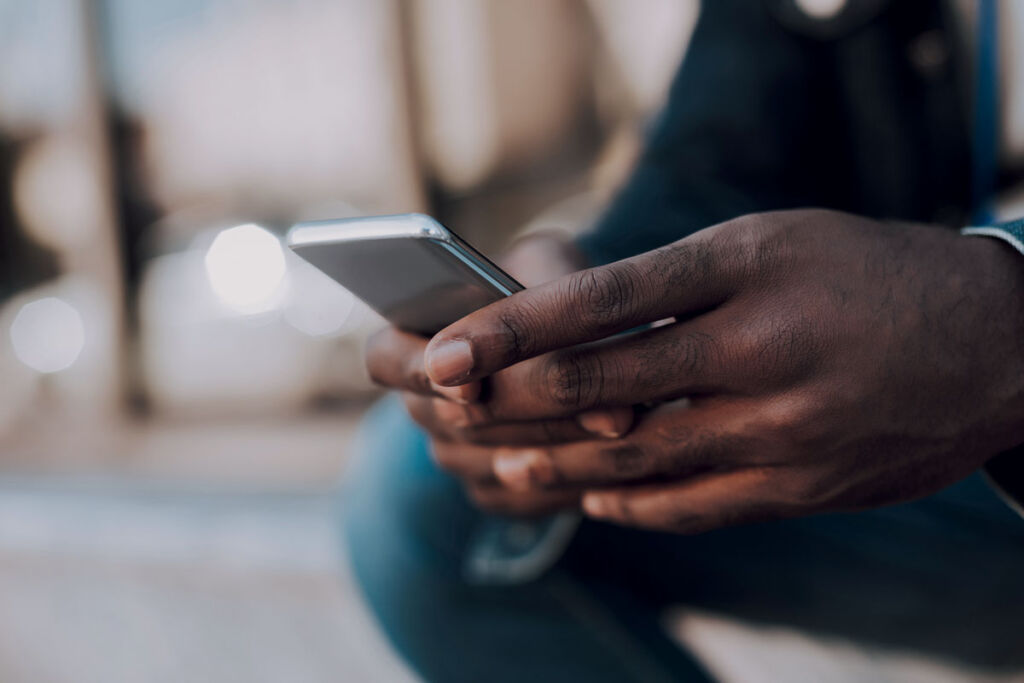[LUM#15] Fake news epidemic
Social media, blogs, websites... Getting information about the COVID-19 pandemic has never been easier—or more complex. A team of researchers has examined the various types of information circulating in Africa since the start of the epidemic and warns of the health risks they pose.

Neither entirely information nor entirely misinformation, this isfake news. "It is usually defined as information whose origin is not explicit and which is not validated by an institution, most often disseminated through social networks and media in the form of short videos, texts, or simple images, sometimes accompanied by comments," explains Alice Desclaux, a health anthropologist at the TransVIHMI* laboratory. Rarely entirely accurate or entirely false, "it can also be information that takes on a false meaning when taken out of context, hasty generalizations, or subjective interpretations presented as facts," the researcher explains.
Thousands of these fake news stories circulated from the start of the COVID-19 epidemic, particularly in Africa, where there are sometimes as many phones as there are inhabitants and where "social media is very important. WhatsApp is the most widely used communication app in French-speaking Africa," says the anthropologist. Why so much fake news? "In a crisis situation, its transmission may be motivated by the desire to share one's interpretation of an event in an atmosphere of anxiety, to spread one's ideas about the epidemic, or to publicize a means of prevention or 'the' treatment that everyone is hoping for."
Infodemic
Faced with this epidemic of information—or "infodemic," as the WHO calls it—pandemic response mechanisms have attempted to identify fake news in order to refute it and provide the public with accurate information. "To do this, we first had to understand the context, meaning, and scope of this fake news, which is one of the objectives of the CORAF (coronavirus-Africa) project, part of the ARIACOV program," explains Alice Desclaux.
The researchers first described the impact of fake news about chloroquine, which illustrates the potential effects of the globalization of information disseminated by social media in Africa. In Cameroon and in all the countries surveyed, demand for chloroquine increased in pharmacies when the first case of COVID-19 was announced. "In addition, people quickly stocked up on chloroquine on the informal market, buying derivatives with varying compositions, very different from the hydroxychloroquine promoted by some doctors to treat COVID-19,"says Alice Desclaux.
A trade that is not without risk, where expired or counterfeit products circulate. "We have alerted the health authorities to the risk of self-medication with chloroquine derivatives, which are perceived as a miracle drug. "The anthropologist points to a situation where the risk of medication can add to the risk of infection and go "under the radar" during a health crisis.
Recommendations
For researchers, the "textbook case" of chloroquine shows that fake news can have concrete harmful effects on the health of populations in African countries. "The rapid circulation of medical information, which not only crosses continents but also moves from an academic space where knowledge is strictly codified to the vast, uncontrolled space of the media and digital networks, poses a real challenge to public health authorities, and not only in Africa," concludes Alice Desclaux. This is one of her recommendations: that scientifically accurate and ethically acceptable medical information be promoted more widely in globalized media and social networks.
Find UM podcasts now available on your favorite platform (Spotify, Deezer, Apple Podcasts, Amazon Music, etc.).